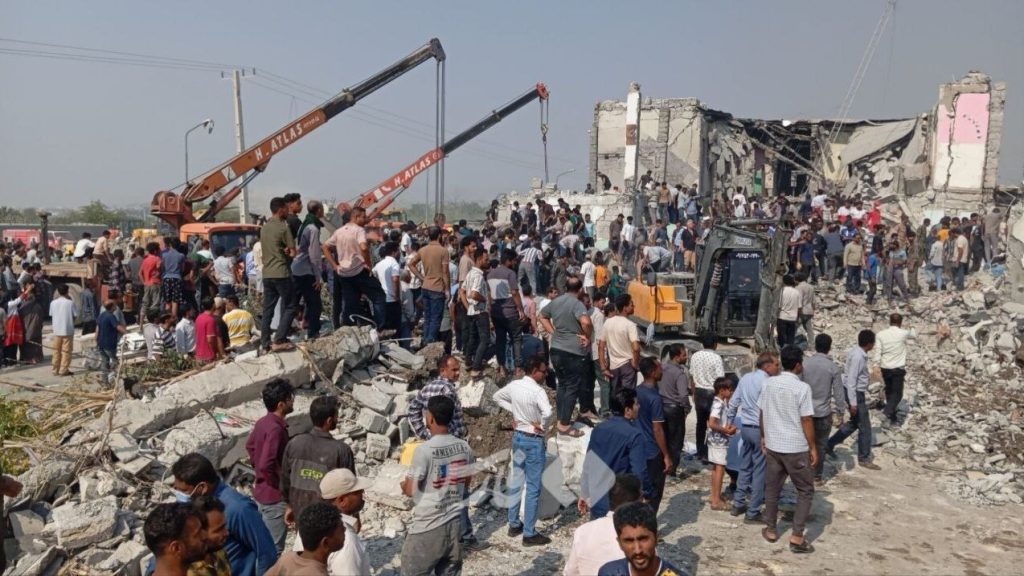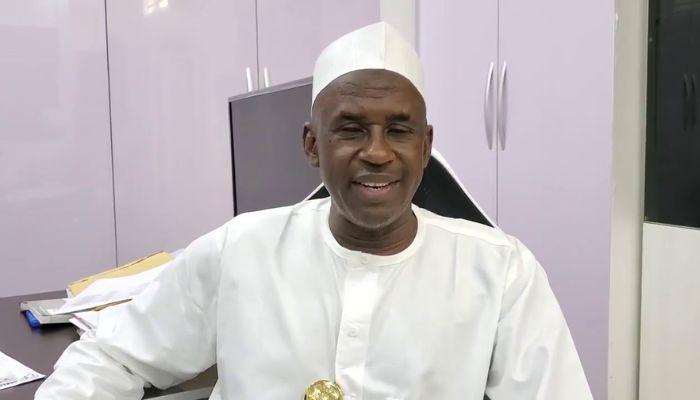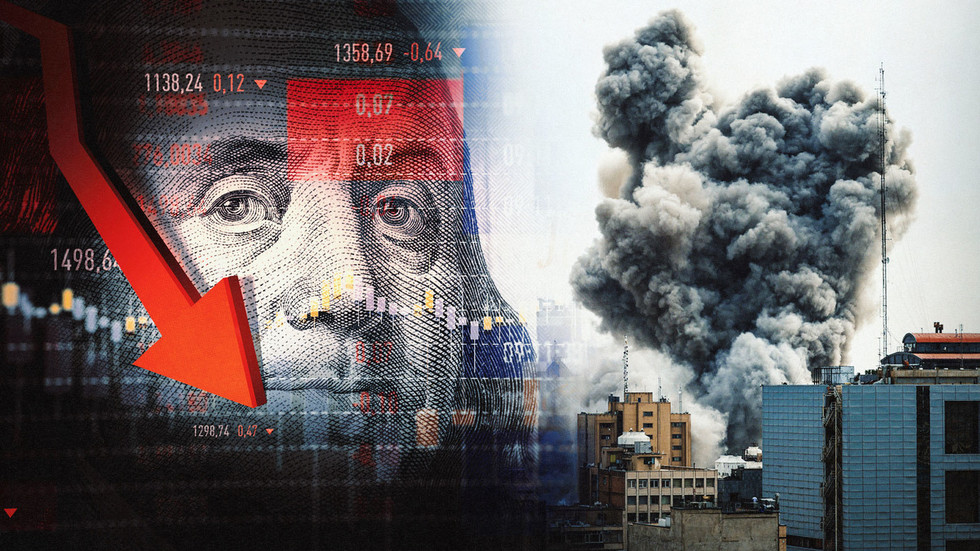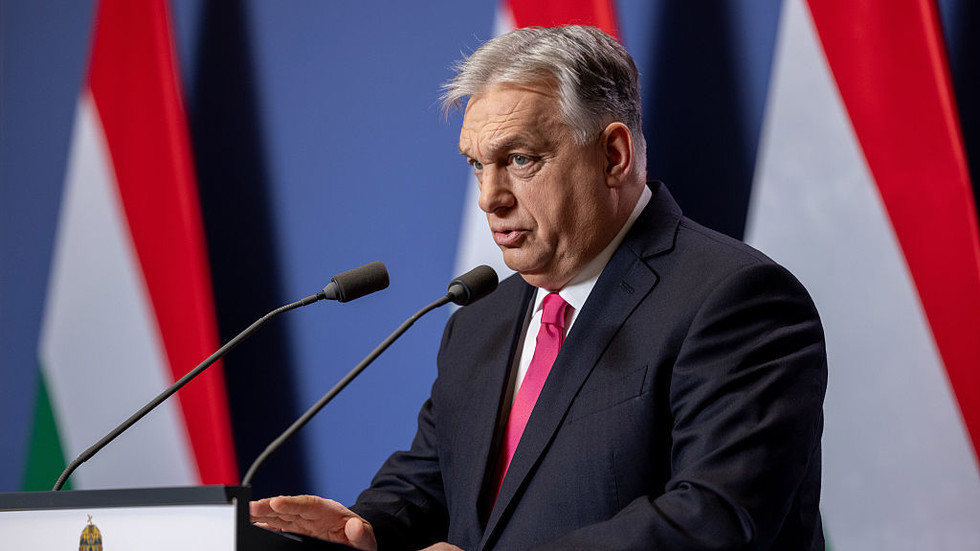The United States has imposed fresh sanctions on armed factions and commercial entities profiting from conflict minerals in the eastern Democratic Republic of the Congo (DRC), intensifying efforts to disrupt networks accused of fueling instability and human rights abuses. The U.S. Department of the Treasury announced measures against four organizations operating in Rubaya, a mineral-rich area in North Kivu province, where armed groups allegedly exploit critical mineral resources through forced labor, violence, and corruption.
Targeted entities include armed factions involved in illegal mining operations and companies based in the DRC and China accused of collaborating with these groups. The sanctions aim to sever financial flows to networks accused of destabilizing the region, which has endured decades of conflict over control of minerals like coltan and cobalt—key components in electronics and green energy technologies.
“The conflict minerals trade is exacting a deadly toll on Congolese civilians, fueling corruption, and preventing law-abiding businesses from investing in the DRC,” said John K. Hurley, Under Secretary of the Treasury for Terrorism and Financial Intelligence. He emphasized that the U.S. would act against groups obstructing access to minerals critical for national defense and global supply chains.
The measures, enacted under Executive Order 13413, freeze U.S.-based assets of sanctioned parties and prohibit Americans from conducting business with them. This follows longstanding concerns over how illicit mineral trade funds armed groups, perpetuating cycles of violence that have displaced millions in eastern DRC.
The sanctions align with broader U.S. diplomatic initiatives in the Great Lakes region, including the Regional Economic Integration Framework—a U.S.-mediated effort to ease tensions between the DRC and Rwanda, which have accused each other of supporting rival militias. Analysts note the move underscores Washington’s dual priorities: addressing regional instability and securing ethical sources of minerals essential for technology and defense sectors.
Rubaya, a hub for tantalum and tin extraction, has repeatedly drawn international scrutiny for ties between armed groups, illegal mining, and global supply chains. While the DRC holds over 70% of the world’s cobalt reserves, artisanal mining—often controlled by militias—has been linked to human rights violations, including child labor and extortion.
The Treasury Department’s action signals a hardening stance against entities that blend commercial operations with conflict financing. It also reflects growing pressure on multinational firms to audit supply chains for links to human rights abuses, amid stricter global regulations on conflict minerals.
As regional tensions persist, the sanctions highlight the complex interplay between resource exploitation, security, and international diplomacy. With the DRC preparing for elections later this year, the measures may test the government’s capacity to curb illegal mining while balancing economic interests and foreign partnerships.



